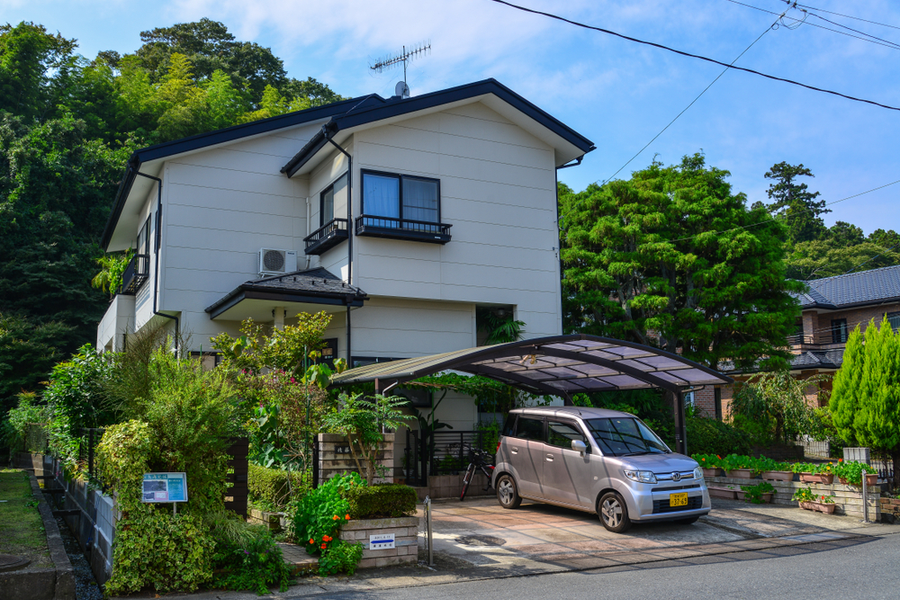
Global Properties

Whether you're a boy or a girl, an adult or a child, you'll surely have watched Japanese anime or cartoons in your childhood growing up. Cartoons like "Doraemon" or "Crayon Shin-chan", where the main characters all lived in a single house or building with two or more floors.

The Doraemon House! Source: Doraemon Wiki
The exterior looks clean and tidy, with small gardens and parking spaces, with the interior decorated with wooden floors and warm colours, soothing and warm to look at. This would be what many Chinese people would imagine when we think about the Japanese lifestyle of a family.

This kind of house is called "Ichido-ken" (Japanese: いっこだて) in Japan, which is often thought of as a villa in China, but in fact, the formal translation of "Ichido-ken" is "independent house", which roughly means "one building for one family". Although the concept of "villa" in China is similar, there are still some differences.
Compared with apartments, what are the advantages of a single-family building compared to a condominium?
Unlike condominiums, single-family homes are much more spacious and generally have 2-3 floors, with a usable area of over 100 square meters, enough for the whole family to live and play at home for friends and family.
Single-family built buildings are often some distance away from the downtown area and have a more peaceful environment. It is an ideal choice for people who do not like the hustle and bustle of the city.
Image
Compared to condominiums, single-family homes have more people living in them than condominiums and is an independent building, so the living environment is private and quieter. Whether it is children playing, trying musical instruments or having a fun gathering with friends, it provides a broader sense of freedom.
There are many restrictions on buying a condominium in Japan, such as not being able to keep pets, not being able to keep flowers and plants on the balcony, and having to get permission from other owners and the management company to make any changes.
However, buying a single-family home can be a "one-stop" solution that eliminates the hassle. Homeowners are free to expand and renovate as long as they do not violate the law. Even if the building depreciates in the future, the land is still valuable and will still have the potential to increase in value.

4-bedroom home at 八王子市, Hachioji-shi, Japan. Source: Juwai.asia
Many Japanese families who buy a single-family home will have several generations living under the same roof and will be able to renovate and continue to live there after their children grow up. This is difficult to achieve in an apartment building.
It is probably the dream of most people to have their ideal dream house that offers a better living experience and flexibility - like living in a one-family house!

When you decide to invest in a property overseas, you need to be clear about whether you want to buy a house in full or take out a loan, and if you choose to take out a loan, you need to budget how much you will have to pay for the loan in a month.
Remember that the budget here is not only the cost of purchasing the property but also the additional costs attached to it.
When choosing the type of property, it is important to know whether the property is for your own residence or for investment. Second-hand apartments in busy areas are also very popular, as the rental market in Japan is similarly active.
If you want to live by yourself, you can consider buying a single-family house or a condominium, depending on the actual situation of your family.
Find a reliable agency, give your expectations and budget, and find the right type of property you want. Be sure to read up our All-In-One Guide to Buying Property in Japan as a Foreigner to get a full picture too.
You'll need to sign contracts with the agent, submit the relevant application form, pay the deposit, loan contract or make the final payment, etc.
If you want to know more about Japanese real estate, please leave your contact details below!
We will be more than happy to answer your questions.